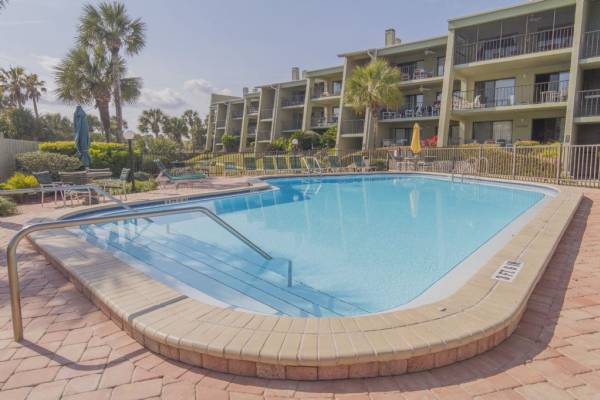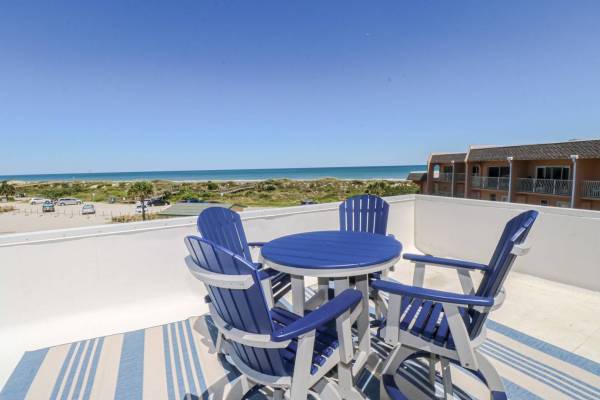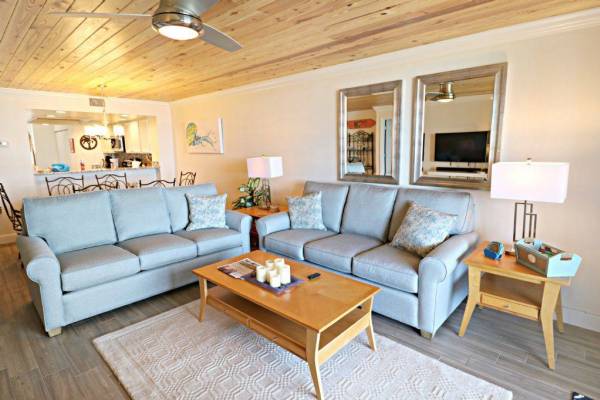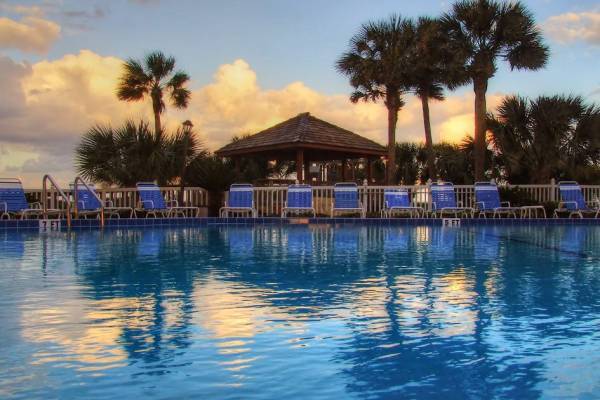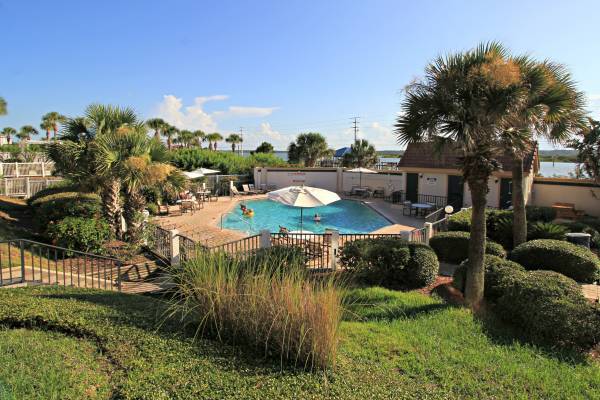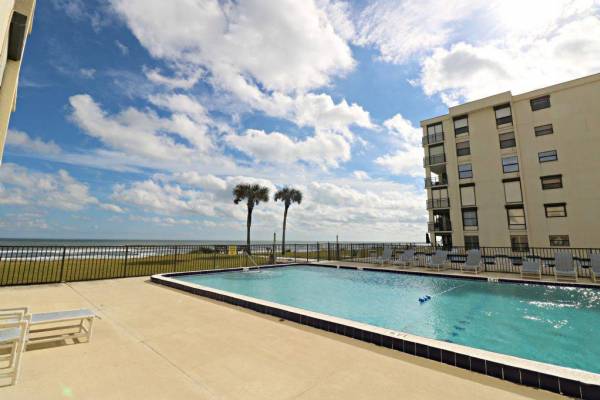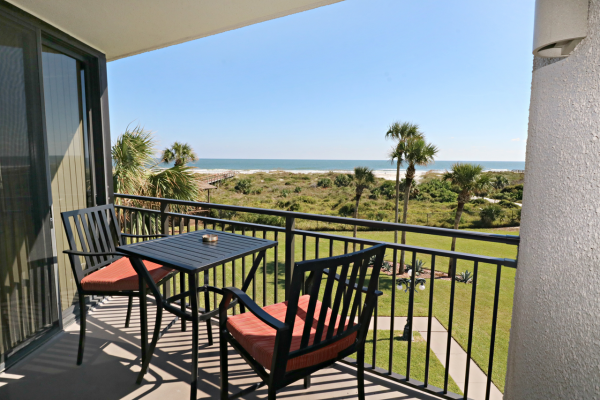
Turtle Nesting Season in St. Augustine
What is Sea Turtle Nesting Season?
The sandy beaches of Northeastern Florida are important habitats for nesting sea turtles! Between the months of May and October, female sea turtles of the loggerhead (Caretta caretta), green (Chelonia mydas), and leatherback (Dermochelys coriacea) species make their way to the warm sandy beaches. Once they find a desirable location, the females will lay around 100 eggs that will incubate in the sand for 2 months before hatching and heading to the ocean on their own.
Hatching sea turtles are guided to the safety of the water by looking for the natural light of the moon on the water’s surface. This is why it’s important for locals and visitors alike to be mindful of the light they are producing during this season, to ensure the sea turtles do not get confused and head the wrong way after hatching.
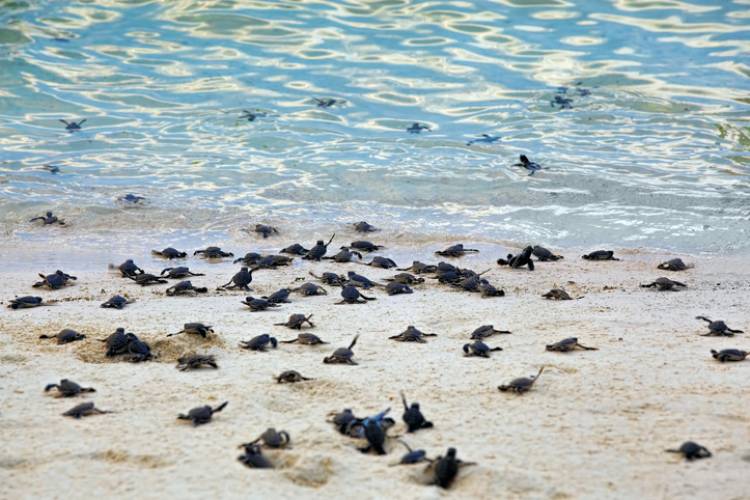
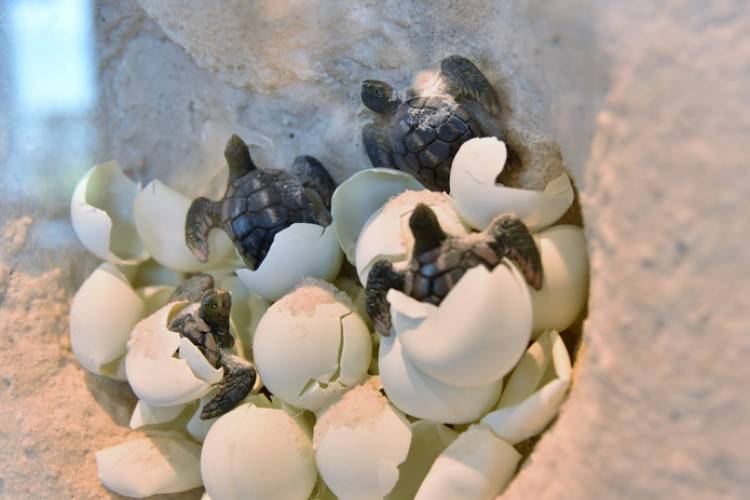
Staying in St. Augustine During Turtle Season?
Turtle Season is a popular time to visit St. Augustine when the summer weather is perfect for a beach day! We have your guide to how to take care of the sea turtles and natural environment in St. Augustine during your stay in a vacation rental!
Leave No Trace
Be sure to Leave No Trace when you visit the beaches by packing out any trash that you pack in. Leftover food and snacks may seem harmless but attract raccoons who are known to also enjoy digging up sea turtle nests.
Also, a sandcastle may be a fun activity to build on the beach but can be a tough obstacle for sea turtle hatchlings trying to make their way to the ocean! Be sure to fill in all holes (or moats) that you build as well as smooth out sandcastles to make it easy for sea turtles to navigate the sand.
Be sure to remove all your beach gear including chairs, umbrellas, coolers, and any other equipment you may have brought onto the sandy shoreline before dark. This again helps to ensure a clear path for any hatchlings making their way to the ocean.
No Lights After Dark
Light is another important factor to consider when visiting St. Augustine during turtle season! Light is the guiding factor that sea turtles follow to get to the water after hatching. Artificial light including exterior property lights, interior house lights, flashlights, and more can disorient turtles and have them moving the wrong way.
This can have devastating results for sea turtles. To prevent sea turtles from being confused by man-made light, our guests agree upon renting to do their part to diminish light pollution during St. Augustine's turtle season. Guests do this by turning off exterior lights by 10:00 PM and closing curtains/blinds to prevent interior light from seeping into the natural environment.
Further, be sure to not walk on the beach at night with flashlights, flash cameras, or fireworks as the harsh light can cause harm to the young hatchlings as well as disorient them.
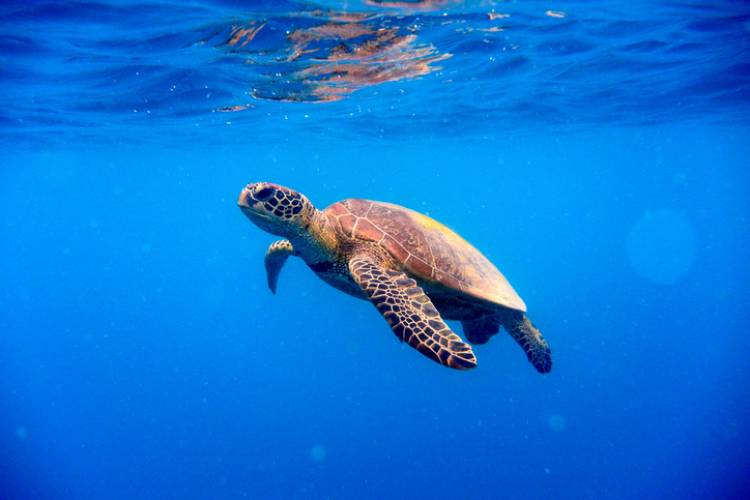
Sea Turtles Are Protected
Sea Turtles are an endangered species and as such are protected by laws. Any marked sea turtle nests should be left alone, and beach gear should not be set up within the area. Overall, the Statue of Florida protects sea turtles against the taking, possession, mutilation, destruction, selling, disturbance, and harassment of marine turtles, nests, or eggs!
These statues are taken seriously in an effort to protect the natural environment and creatures that call it home!
Learn More with the St. Johns County Sea Turtle Guide

Communities with Sea Turtle Habitats Nearby

